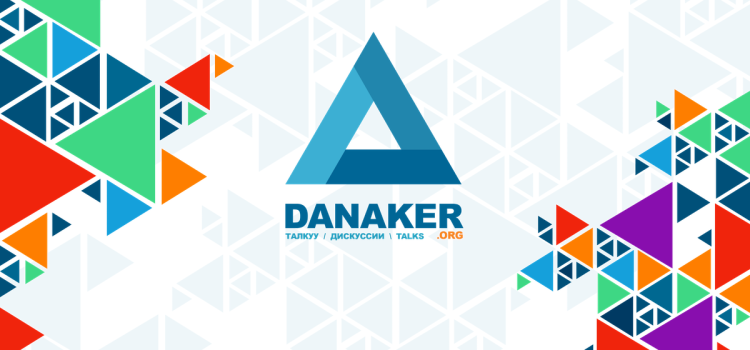Director of the “Adilet” legal clinic Cholpon Djakupova talks about the justice in the country, and shares her opinion on the criteria for fair justice:
Standards of Justice.
Standards for a fair trial of cases are well established in international law, and they are reflected quite well in national legislation. But the ordinary citizen is not interested in the subtleties of procedural law, he should not delve into them. A person wants to get a clearly stated court decision, which would be based on the law, made taking into account all the circumstances of the case and with equality of the parties, that is, would meet the minimum standards of justice. And the standard of justice is maintained through the following parameters and mechanisms:
Independence and impartiality of the court. Ensuring equality of parties in the process of court hearings. What are we confronted with as lawyers when we represent the interests of people, and – the prosecution interests of state institutions? Lawyers submit documents testifying to the innocence of their client, the court accepts or rejects them, but often simply file documents, but does not give them an assessment, although by law – is obliged to do so. The decision does not even mention that the evidence of one of the parties was submitted. Very often we see that the judge simply takes the indictment, which was written by the investigator, the prosecutor and simply rewrites it.
The possibility of appealing the decision. When we go to a higher instance and say that the first instance judge did not evaluate the evidence presented, the second instance judge, already the board, does not consider in its decision why the first instance judge did not take the evidence into account. The Supreme Court – (cassation) no longer considers the merits of the case, does not evaluate the evidence submitted but considers violations in the course of the case. Thus, the party does not have a real opportunity to appeal the court decision.
The quality of expertise, the basis of court decisions. Another important component is the quality of expertise. Often the judge says: “I will not take into account the conclusion of an independent examination, only the state expert service.” And if on the other side the public interest? Will the examination be independent?
Professionalism and independence of judges.
I am opposed to the revolutionary renewal of judges on the basis of loyalty. As a result of this approach, in 2010 many independent judges were suspended from work. If, as a result of such a change, more competent judges came to the system, no one would have expressed outrage. But in my practice, there were lawsuits that took place in 20 minutes without a contest, without a debate.
To ensure the principle of independence, judges are required by law to report to the Council of Judges of a particular pressure. But is there at least one statement from the judges?
It is necessary that the judges, but even more politicians were interested in an independent judiciary. After all, they (the politicians) put pressure on the judges. And until there is political motivation, the system will generate shadow curators.
Transparency of the judicial system.
The judicial system should be controlled by society according to tangible and understandable criteria. On the initiative of the Supreme Court of the Kyrgyz Republic and the efforts of the donor community, the site act.sot.kg was launched, where court decisions are published. The legislator regulates the obligation to publish the decisions of the judge within 10 days. But when we began to analyze the decisions of the court in defamation cases, we did not find a single decision on high-profile trials. This indicates either selective filling of the site or the complete lack of control over this process by the Supreme Court.
It is necessary to follow the publication of court decisions, to take disciplinary measures against those judges who do not publish decisions in open access.
Control over the activities of judges.
In fact, the parliament, the presidential apparatus, and the ombudsman have a control mechanism. That’s right, no one has the right to interfere in the administration of justice, it is impossible to control the decision of a single judge in a separate case.
But it is possible and necessary to analyze and control the judicial system through an analysis of the activities of the Council of Judges, the Disciplinary Commission, the Council for the Selection of Judges; these bodies should monitor the quality of the administration of justice.
After all, the three main functions of a good leader are a high-quality personnel policy, strategy, planning, and control of execution. There will be no control, there will be no responsibility, and therefore there will be no result.
[This content was automatically translated from Russian language]





